Trust: The One Question That Changes Everything
You've heard the speeches. Read the books. Everyone has a complex framework for building trust in business.
Strip away the complexity, and there's only one question that matters: Will we do exactly what we say we'll do, when we say we'll do it, even when no one is watching?
That's it. That's the entire framework.

Think about your last week. The proposal you promised by Thursday. The customer issue you said you'd handle "first thing tomorrow." The quality standard you guaranteed to maintain. The team member you assured would get an answer by end of day.
Each promise created a binary moment: you either did exactly what you said, when you said... or you didn't.
No complexity.
No grey area.
No room for interpretation.
This simplicity is both beautiful and terrifying. Beautiful because it makes every trust decision crystal clear. Terrifying because it eliminates our favorite hiding places – the "almost finished," the "slight delay," the "mostly what we promised."
The power lies in its universal application. From returning a simple email to delivering a multi-year project – the question remains unchanged:
Will we do what we say we'll do, when we say we'll do it?
Here's how to put this into practice immediately:
- Before making any promise, pause and ask the question. If you can't answer with an immediate "yes," either modify the commitment or don't make it.
- At day's end, review every promise made. Document them. Track them. Make their completion your priority.
- When you miss (and you will occasionally), acknowledge it immediately and reset expectations before you're asked about it.
Trust isn't built through mission statements or value propositions. It's built through a relentless string of kept promises, no matter how small.
Tomorrow morning, write this question somewhere visible. Before your first commitment of the day, any commitment at all, ask it. Your immediate gut response will tell you everything about whether you're building trust or slowly eroding it.
In a world of complexity, the most powerful tools are often the simplest questions – the ones we can't escape, and the ones that don't let us hide.
